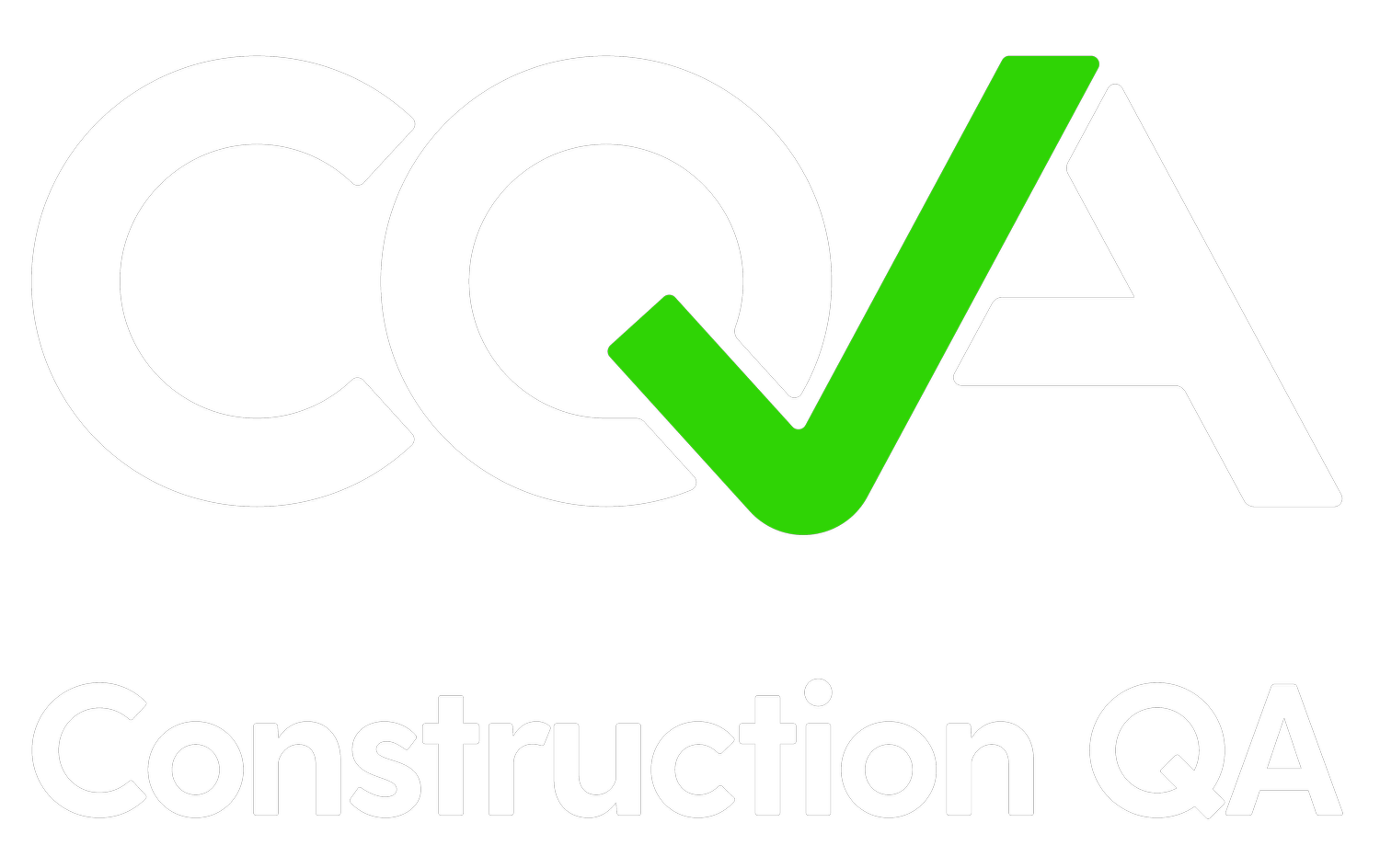
PILE INTEGRITY TESTER (PIT)
Low strain integrity testing by pulse echo or transient response methods.
Reveals potential shaft or pile defects such as major cracks, necking, soil inclusions or voids
Can be used to determine unknown pile lengths
Available in three versions (cabled and wireless): velocity only, force and velocity, or two velocity channels
Optional PIT-Professional reporting software allows advanced modeling and analysis
DESCRIPTION
The Pile Integrity Tester (PIT) may be used on most concrete or wood foundations. The PIT may also be used to test piles integral in the structure, such as those supporting existing bridges or towers, and may assess their length.
The PIT performs wave equation-based non-destructive foundation investigations known as Low Strain Impact Integrity Tests or Low Strain Dynamic Tests. These tests may be performed by the Pulse (or Sonic) Echo or Transient Response Methods. With the PIT, any form of the test is performed fast, potentially making it possible to test every pile on a job site.
The PIT test consists of attaching one or two accelerometers to the foundation and using a hand-held hammer to impact it. The PIT collects the acceleration data and displays curves that reveal any significant changes in cross-section that may exist along the shaft. The PIT-W software post-processes the data and generates reports, while the PIT-S software simulates a PIT test and performs simplified signal matching to assess the shape of the foundation.
The Pile Integrity Tester is available in several configurations to match the needs of each user. Find out which model is right for you here.
PIT-QV and PIT-QFV have a large screen and read data from traditional (cabled) accelerometers and/or instrumented hammers.
All models of the Pile Integrity Tester are battery-powered, operated through a high visibility touch screen, and include a Fast Fourier Transform (FFT) feature and a license of PIT-W Standard Software. All comply with ASTM D5882 and many other codes and specifications.
Visit the PDI Website for more information.

